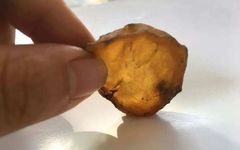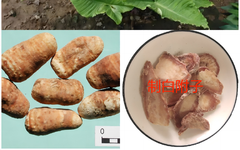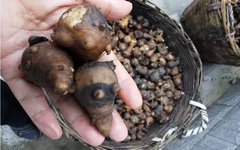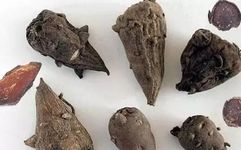The Pharmacological Properties of Fuzi (Aconite)
Fuzi (Aconitum) is the tuberous root of the perennial herbaceous plant known as Aconitum, belonging to the Ranunculaceae family.The main root of Aconitum resembles a crow’s head, hence its name. It is primarily cultivated in Sichuan, known as Chuan Wu, while the wild variety is called Cao Wu. The tuberous roots that grow from it … Read more








